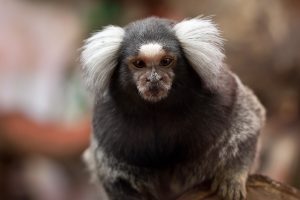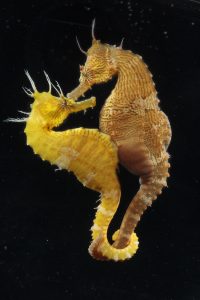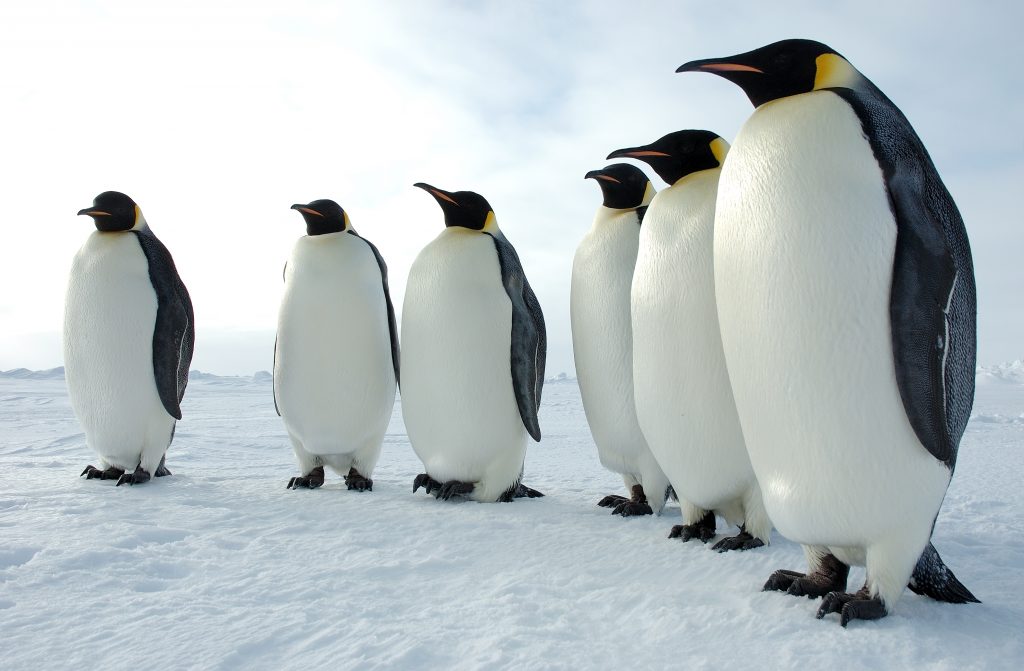Dads in the animal world often get a bad rep, probably because the majority of them are only interested in mating, mating, and more mating. After the deed is done, the dad-to-be moves on to other mates, leaving the mother to raise her offspring as a single mom who must feed them, protect them, and teach them life skills by herself. While this may be true of many of the world’s animals, there are a few notable exceptions. These are the “Best Dad” winners of the animal kingdom.
Emperor Penguins
As Morgan Freeman so eloquently told us in the 2005 film, “March of the Penguins,” the male Emperor penguins play a vital role in the reproduction process, risking their own lives in the process.
During summer in the southern hemisphere, the male Emperor penguins are out to sea, hunting fish and krill and fattening themselves for the fasting that is to come. In autumn, they begin their long trek to the breeding grounds to find their monogamous mate. The couple mates and the female produces a single egg. After carefully transferring the delicate egg to atop her mate’s feet, the penguin mom and her gal pals leave for a two-month long girls’ night out, feasting on squid, fish and krill at the sea.
Meanwhile, back at the breeding colony, the male Emperor penguins prepare to incubate the eggs all winter long in a large “daddy daycare.” Throughout the four month’s darkness of the Antarctic winter, the expectant fathers huddle together in a mass of tuxedoed testosterone, guarding the eggs and keeping them warm. With wind and snow blowing around them, temperatures can dip as low as -30 degrees Fahrenheit (?35 degrees Celsius) but the egg, snug on its daddy’s feet and tucked into folds of skin, is kept at a remarkably warm 100 degrees Fahrenheit (38 degrees Celsius).
It takes 65 days for the egg to hatch, and during the incubation period, the male Emperor penguins live off their fat stores. They are ravenously hungry by the time the chicks hatch in July, but they remain in the colony, diligently caring for their young until the sun returns in August, heralding the return of the females, fat and full from feasting all winter. Only when the baby is reunited with its mother do the fathers head for the sea to fill their empty bellies and replenish their fat reserves. During the winter, a male Emperor penguin can lose up to 45% of its body weight.
Marmoset Monkeys

While the Emperor penguin dad lose weight during incubation, the Marmoset monkeys of Brazil have been found to actually gain weight during their mates’ pregnancies, just like several human dads we know. What makes the Marmoset monkey unique, however, it that it is biologically wired to be a good dad.
Typically, when the male of a species is exposed to the scent of an ovulating female of its own species, it causes an involuntary spike in hormone levels, leading to heightened sexual arousal. In the Marmoset monkey, however, the hormone levels don’t respond to the scent of a woman. Rather than focusing on breeding as often as possible and with as many available females as possible, the marmoset’s focus shifts to child rearing.
Marmoset monkeys live in social groups of up to a dozen individuals. Each member of the group plays a role in infant care. The monogamous couples give birth to two sets of twins each year, so there are a lot of babies to care for.
Marmoset dads even help in labor and delivery, playing the role of a supportive midwife. He may even bite the umbilical cord, lick the newborn clean, and tidy up the afterbirth. Additionally, the father carries the babies around and does his share of the feeding and grooming.
Seahorses
Seahorses take role reversal to a whole new level. They are the only animal species known for male pregnancy and delivery. It is an odd a complex process.
First off, it is rather impossible to tell a male seahorse from a female seahorse. They look-alike and, like most fish, they have no external genitalia. So one may think that we’ve got it wrong…the male seahorse is actually a female. That is not the case. Biologists assign animal sex based on the size of the gametes, or sex cells. Sperm is the smallest sex cells and is produced by the male of he species. The egg is the larger sex cell and is produced by the female. Both of these hold true for seahorses. It is just what happens afterwards where things get gender-bendy.

The female seahorse deposits her eggs, up to 2,000 of them, into the male’s pouch. Fertilization occurs inside the pouch as the dad releases his sperm into it. The father-to-be then incubates the eggs until they hatch, between ten and twenty-five days, depending on the species. But the father’s duties don’t end there. Even after the eggs hatch, the newborns remain safely in their daddy’s pouch for a few more weeks. During this time, the dad regulates the salinity levels in the pouch; removes waste products; provides nutrients, fats and calcium; and even produces antibacterial and antifungal molecules to protect his children from dangerous pathogens.
When the baby seahorses are ready, the daddy experiences the painful contractions of childbirth as he births the live babies, delivering them from his pouch in a series of jolts and spasms.
Scientists are not in agreement as to why seahorse fathers have taken over the traditionally female pregnancy duties. One theory is that the survival rate of infant seahorses is so small that litter sizes need to be very large. After all, 2000 babies is a lot to birth at one time, but that’s still not enough to insure survival. Once they are evicted from their father’s pouch, the baby seahorses are on their own in the great, big, dangerous ocean. Fewer than five out of every 1,000 survives to reach adulthood. Perhaps the dads take over the incubation process so the females can reserve their energy to produce more eggs.
Rheas

Male rheas, large, flightless birds native to South America, are not devoted, monogamous mates like the Emperor penguin males. Instead, they are quite the “player”, keeping as many as a dozen females in his harem. What he lacks in ideal mate skills, he makes up for in his parenting skills.
The rhea fathers are solely responsible for nest-building. After his bevy of females lay their eggs, the male incubates them all together, sometimes as many as fifty eggs, for more than a month. Once they hatch, the rhea dad’s obligations don’t end. Until the chicks are about six months old, the father cares for them, providing food and protection.
Researchers believe that, because it is taxing on the female rhea’s body to produce such large eggs – they are approximately five inches around – the male rhea takes over the incubation and child rearing roles to give the mother’s body time to recover and prepare for more egg laying. Regardless of the reasoning, the rhea gets kudos for being a great stay-at-home dad.
While it is true that most male animals prefer to spend their time making babies that raising them, there are a few impressive exceptions. The dedication of some animal dads, like the Emperor penguin and the seahorse, the rhea and the Marmoset monkey, gives us more insight into the complex social and biological contexts of fatherhood in the animal kingdom.
Sources
“Male Emperor Penguins are Good Dads”. EarthSky, Earth. 2 Apr. 2017. Web. 16 May 2017.
Nelson, Bryan. “Nature’s 10 Best Animal Dads.” Blog post. Mother Earth Network. N.p., 15 June 2011. Web. 16 May 2017.
Whittingham, Camilla. “The Secret Sex Life and Pregnancy of a Seahorse Dad.” Blog post. The Conversation. N.p. 1 Sept 2015. Web. 16 May 2017.
